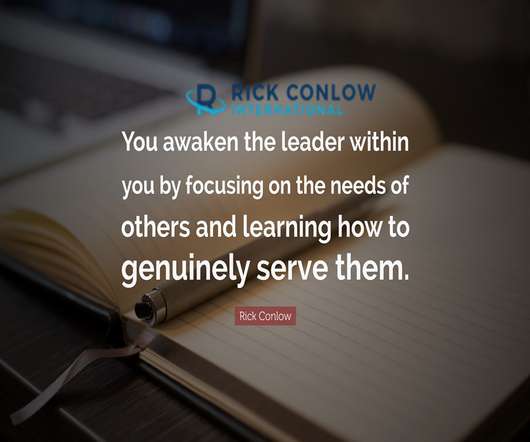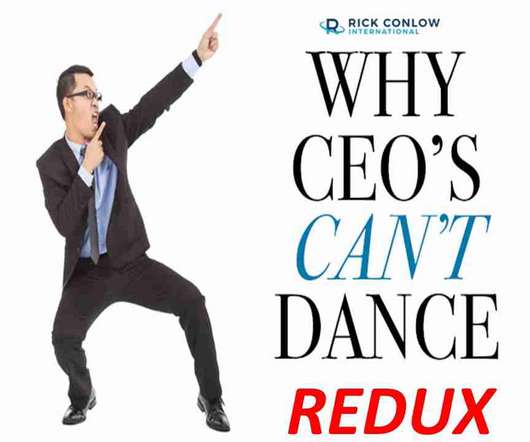Without Emotional Intelligence, Mindfulness Doesn’t Work
Harvard Business
SEPTEMBER 8, 2017
Our research and analysis has revealed a complicated relationship between mindfulness and executive performance—one that is important for leaders to understand as they seek to develop in their careers. These, it turns out, are what one of us (Dan) has described as core emotional intelligence competencies.



















Let's personalize your content